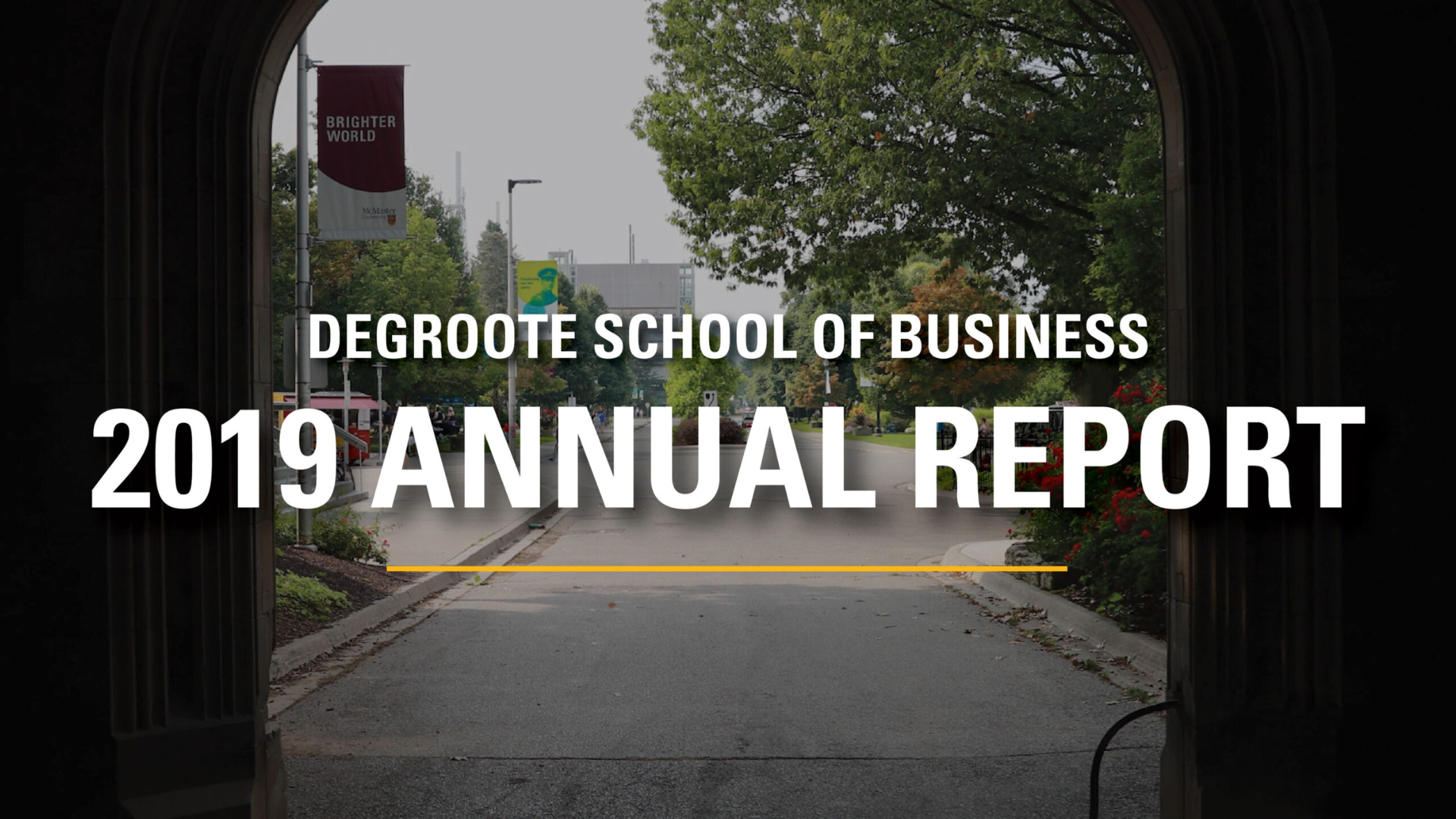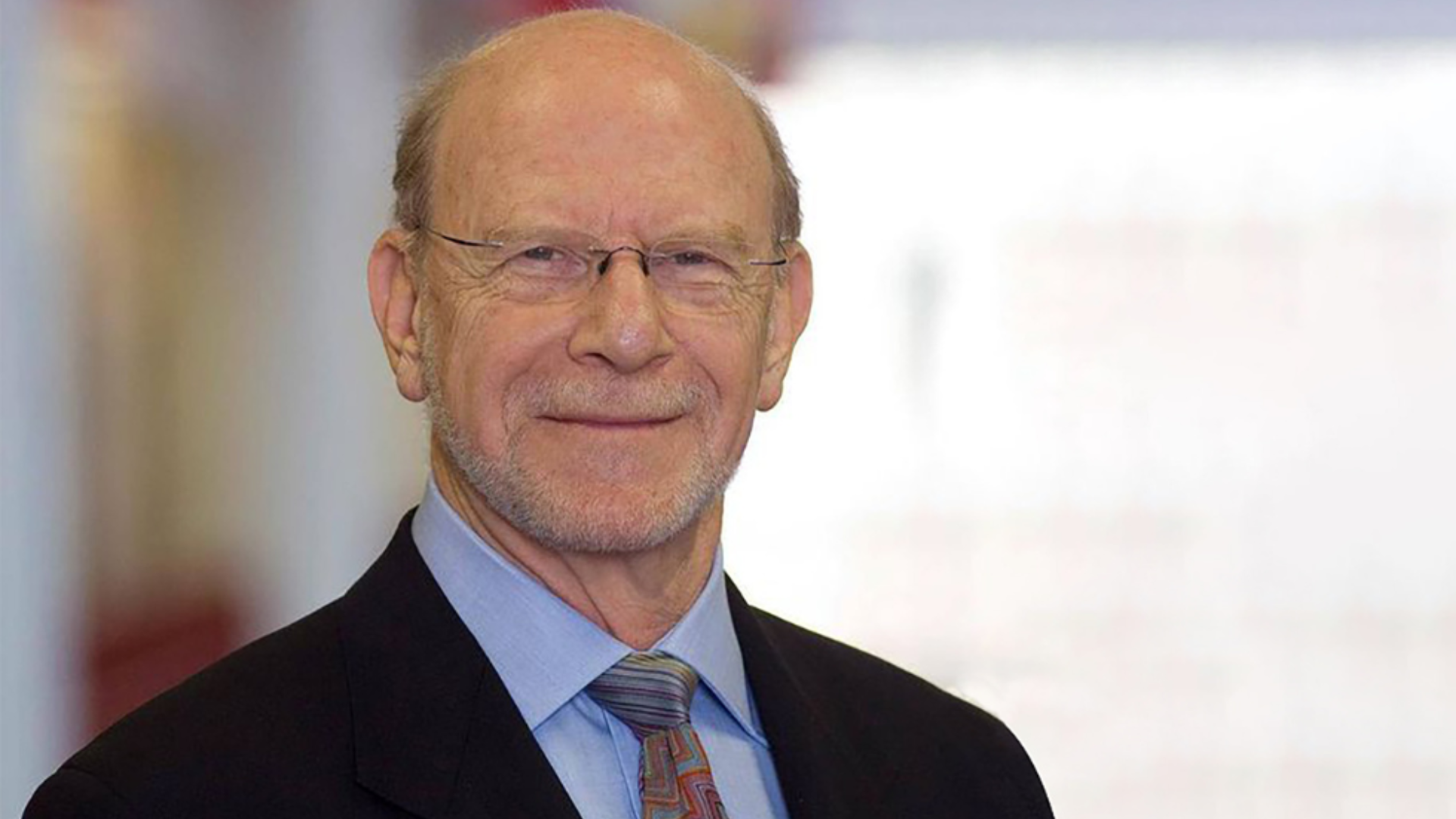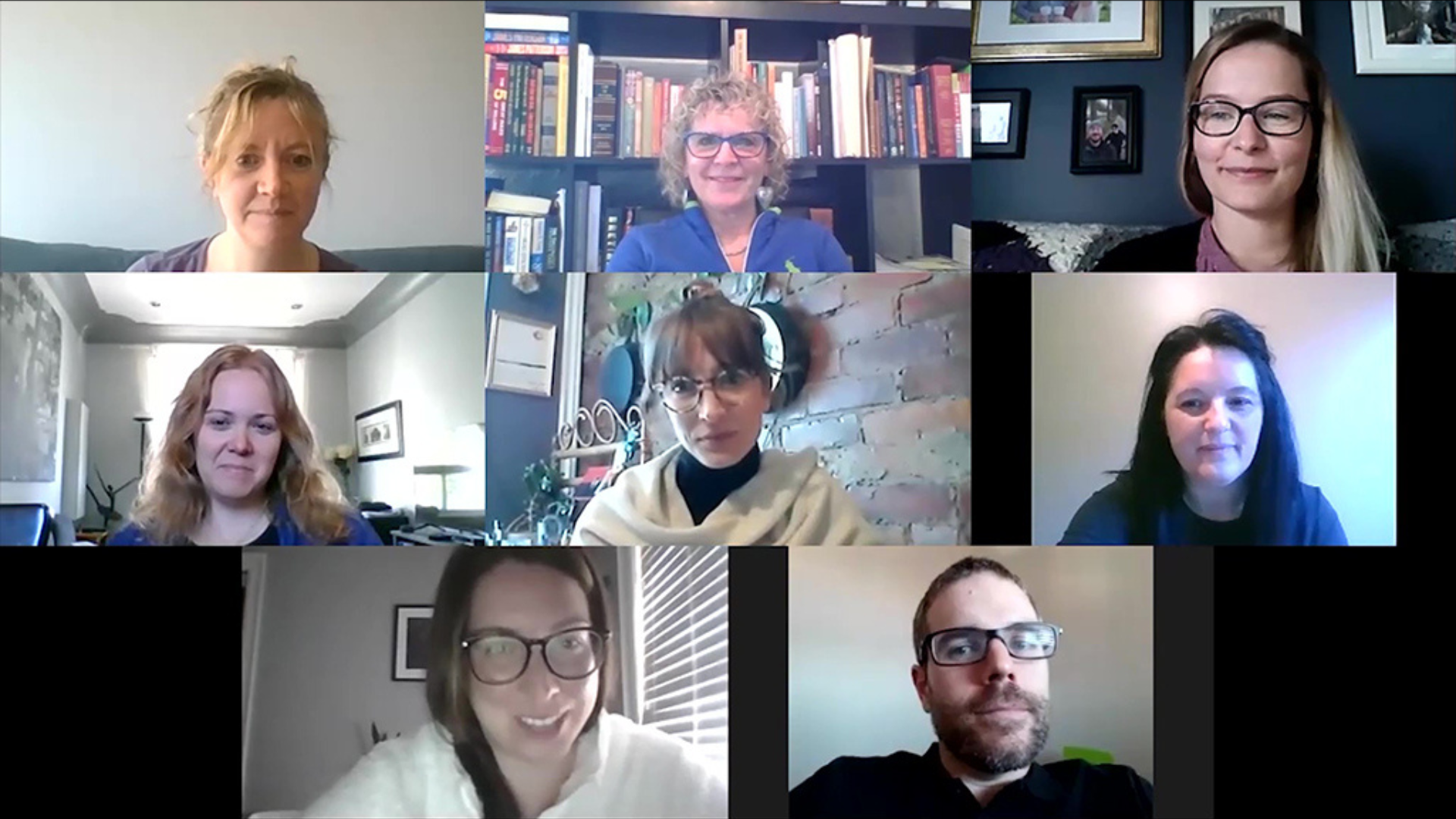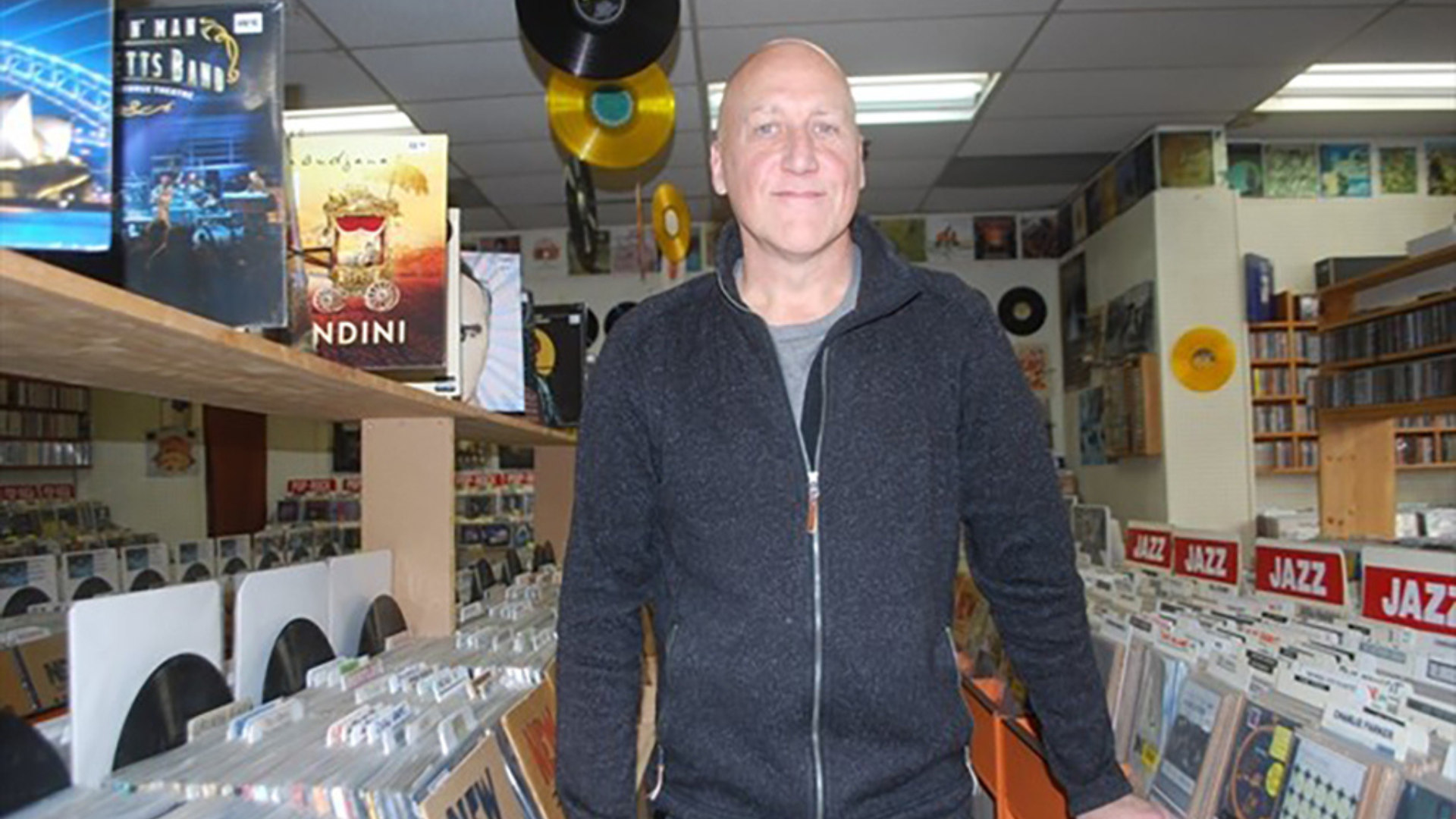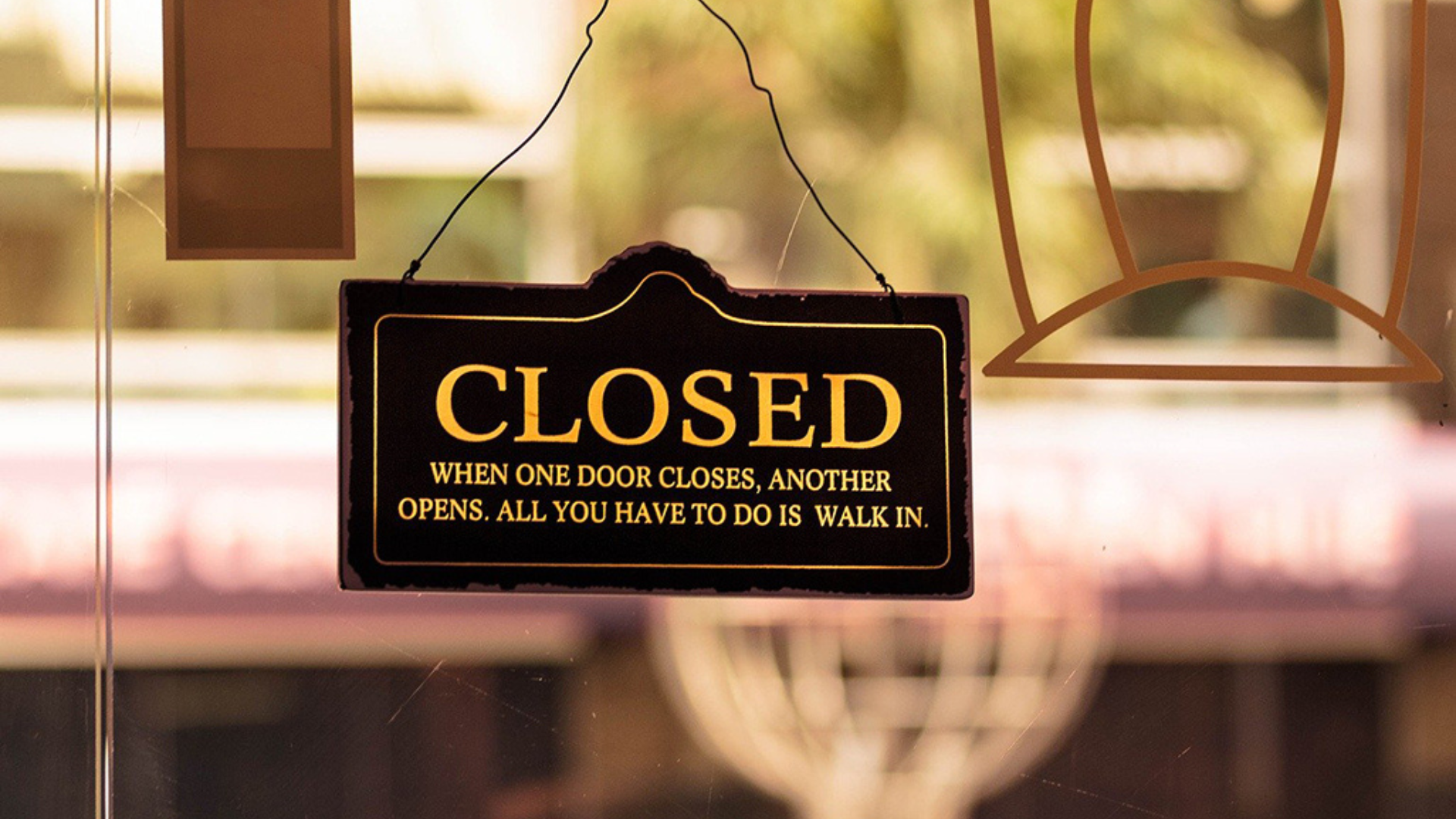Waverman and Puri: Era of 'sage on a stage' coming to a close in postsecondary education
June 12, 2019 ·
Contributed by: Len Waverman, Dean, DeGroote School of Business and Ishwar Puri, Dean, Faculty of Engineering

“If we do not blow-up the university from the inside, the disruption will come from outside,” write Waverman and Puri, “from technology, alternative learning sources, employers, and students.”
At McMaster University, hundreds of undergraduate students are embarking on an educational adventure. As they pursue their core programs – in, say, civil engineering or European history — they are also doing a deep dive into how to start a company, tap venture capital, and perform technology marketing.
These experiences are part of a new Minor in Innovation, launched this academic year by McMaster’s Engineering and Business faculties. It aims to deliver a strong grounding in aptitudes and attitudes that can yield new companies, hatch new ideas, and develop high-value managers and employees for dramatically changing workplaces. Not the least, it aims to develop leaders who can work together to strengthen their communities amid climate change, political upheaval and human migration.
The new program is not targeted exclusively at engineering majors and business students but is available to undergrads across the university – to musicians, political scientists, molecular biologists, and many others. As Deans of Engineering and Business at McMaster, we are the founders of this program – the latest in a series of collaborations to prepare our students for the lives they will lead. There will be more cross-faculty brainstorming as we break down academic barriers and allow students to pursue their interests across the campus in collaborative and experiential ways.
It is one small but significant tremor in a self-disruption that we predict will shake universities to their core but ultimately defend them from irrelevance. As academic leaders in a major Canadian university, we aim to be in the vanguard of an onrushing revolution. There has been progress on many campuses worldwide but academic leaders have to push even harder if they are to make a successful transition to a new model of learning.
We foresee necessary changes that will touch every area of university life. In the future, the undergraduate classroom will be very different – perhaps, a small studio with a table, a few chairs and a comfy couch. The “class” will comprise a diverse grouping drawn from across the university – possibly a geography student, a chemistry major, an aspiring electrical engineer and a future corporate auditor — thrust together on a voyage of discovery.
Their purpose would be to find a solution to a real problem – a water project for a community in Northern Canada, or better approaches to refugee settlement and opioid addiction prevention. An instructor will be present, but he or she will not be the conventional “sage on a stage” but a “guide on the side,” assisting students in their interactive search for solutions.
Students will not experience traditional lecture halls, elevated podiums, and classrooms. Required courses will be cut to a minimum. The old chalk-and-talk approach to learning will become a relic. More and more, as students move through their final year, “courses” will be a series of problems to be solved in cross-disciplinary teams through interaction not one-way monologues by an instructor.
We are taking steps along this road, knowing if we do not blow-up the university from the inside, the disruption will come from outside – from technology, alternative learning sources, employers, and students.
We still see too much of what Sir Ken Robinson, the UK education visionary, calls the industrial model of education, a mass teaching of often staggering content with no sense of how to apply it to personal growth and human interaction. The modern university puts incoming students in an education box and keeps adding a jumble of things until the box is tied up at the end and the graduate is supposedly ready for the job market.
Related: New Minor in Innovation gives students a head start on becoming successful entrepreneurs
The sad reality is that many students are not really ready for the world outside the classroom. They are often turned off, alienated, and staying away from classes that only repeat information available online. This numbing experience leaves them unprepared for their working lives, which will increasingly reward personal and creative aptitudes ahead of narrow technical skills that can be replicated by an algorithm or a robot.
Instead of focusing solely on job-ready skills for the short term, the university should also be providing attributes that can carry through a lifetime – leadership, creativity, innovation, and collaboration. That is because innovators in the corporate world are moving towards self-creating teams of diverse talents from across or among organisations. The working world will increasingly require leaders to pull together disparate skill sets and together find solutions.
Our new minor program aims to bolster this leadership acumen. We are not necessarily going to turn out armies of entrepreneurs – although we expect there will be some — but the program is about producing people who can help organisations of all kinds change. Students learn the fundamentals of innovation from seasoned entrepreneurs and absorb how to develop, prototype, test and market ideas. They have the opportunity to work at an existing start-up company or team up with fellow students to develop or support a new business venture.
The new thinking extends beyond this one program. Within McMaster’s Business faculty there is an exploration of new frontiers. For example, BCom undergraduates will be engaged in “discovery” projects in their fourth year, working with students from other faculties on real-world projects. In this new approach, there will not be any short-changing of fundamental skills and knowledge – in chemical engineering or corporate finance, for example – or any obstacles to hamper students in qualifying for professional credentials. But there are many ways to deliver this foundational knowledge, from online courses, web sites, blogs, and games, that can be more efficient than the classic classroom. We are confident that fundamental skills will be learned.
The mastery of a specialization is still critical, but we worry about super-specialization whereby students become focused entirely on a narrow discipline and ignore the collaborative and interpersonal skills that can bring these specialties to life in a work or community environment. The more specialized the skill, the more risk of being rendered irrelevant by a future algorithm that can replicate the processes in the specialist’s head.
But human skills of integration and creativity are still beyond the reach of machines. And, in addition, a growing body of research points to a new economics of careers. Salary data show that narrower specialist degrees do indeed earn higher initial salaries than “liberal arts” or more general degrees. But a half-dozen years into careers, the salary differential is eroded. Job-specific skills diminish over time as the discipline itself changes, while skills obtained through problem-based learning do not erode as significantly.
With the rise of new AI applications, graduates will be valued less for specific disciplinary skills – in, say, metallurgy or structured finance instruments — and more for their creativity, teamwork, and leadership. However, today’s university students must be engaged in different ways. In seeking to solve real-world problems, they will experiment, over and over again, before hitting on solutions. But they will not “fail.”
There is no failure in a world of problem solving and experimentation as we move towards the joy and satisfaction of discovery. The competitive advantage of the university or college lies in its diversity of thought – under one roof you get the medieval panorama of Chaucer, the richness of Indigenous studies, the intricacies of quantum physics, and the potential from putting young minds together. No other institution offers such a powerful preparation for life. We just have to flex this muscle of diverse thought by breaking down barriers between disciplines and faculties.
At McMaster, the Engineering and Business faculties are striding out into this new world. They are taking their direction from Canadian ice hockey superstar Wayne Gretzky, who once explained his mastery as an ability to skate to where the puck is going to be, not where it is now or has been in the past. The puck – in business and society — is moving towards human flexibility and interdisciplinary approaches. That is where the university is uniquely placed to deliver meaning and value – if it can create its own self-disruption.
Originally published in Global Focus.








